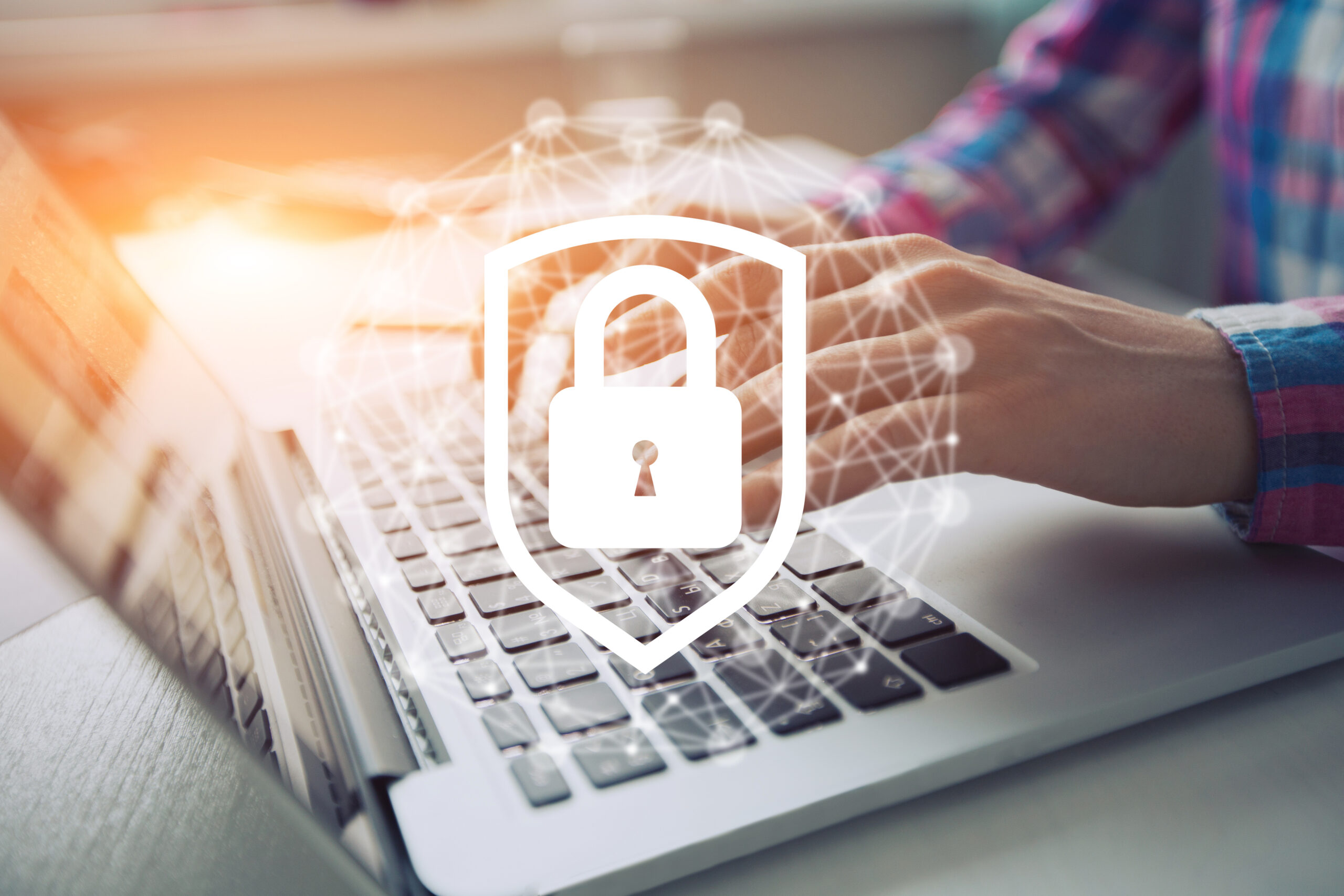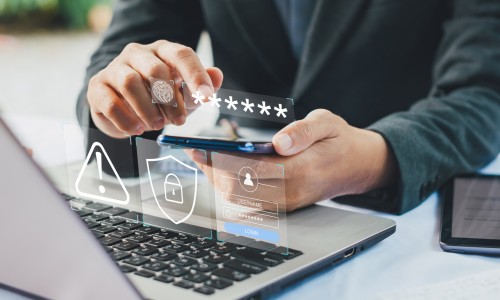
How To Stay Safe Online
12 May 2020
Keeping passwords, financial information and personal information safe in a digital world is an increasingly difficult task for both individuals and businesses. Sophisticated cyber attacks are becoming more and more common, with scammers and hackers often targeting vulnerable individuals. So, we’ve put together a list detailing how to stay safe online.
1. Make Your Passwords Unique
Password security is probably one of the most obvious ways to safeguard your personal information, and one of the most effective too. Email accounts are often the gateway to a person’s other online services, including online banking and social media accounts, so a hacked email account could end up leading to identity theft!
One of the best ways to prevent this from happening is to create a unique and difficult-to-guess password for your email account. You can even update this on a regular basis.
All online accounts should have their own unique passwords and should not be sharing the same one, that way, if one of your accounts is compromised then it should be limited to the one account.
If you’re struggling to think of unique passwords, you can always use a password generator. Password generators will randomly generate a combination of letters, numbers and symbols to ensure the continued integrity of your accounts.
Find out more about password tips and tricks in our previous blog.
2. Be a Selective Sharer
Social media has gained in popularity in recent years with many of us having multiple social media accounts. Most enjoy sharing statuses and information on social media, however, sharing large amounts of personal information can have consequences.
Hackers and cybercriminals have been known to use personal information found on social media networks in order to guess passwords or to commit identity fraud.
To prevent this from happening, it’s important to be selective with the information that you share on these channels as well as reviewing your privacy settings so only people you know or have approved can see your updates.
3. Keep Your Antivirus Software Up to Date
It’s easy to ignore those annoying ‘software update’ notifications that always seem to pop up on your device at the worst time. What a lot of users don’t realise is that these updates contain critical security fixes that can help defend your computer, tablet or mobile from recently discovered threats.
Ensuring that your devices have the latest internet security software versions can help to mitigate the risk of attacks.
4. Shop Securely Online
Buying goods online will require a payment method, which can make these types of sites a target for cybercriminals, so you need to make sure you only input banking details if a site is secure.
If a URL starts with HTTPS and not HTTP then it’s secure – Google Chrome will often show a padlock symbol next to the URL as well.
5. Phishing Scams
Phishing Scams are becoming increasingly common and are a method used by cybercriminals to get individuals to give up sensitive information such as usernames, passwords or banking details.
These phishing scams primarily take place via email, where emails will be designed to look as though they have been received from trusted organisations such as banks, PayPal, email providers and social media platforms.
Although phishing emails can appear very convincing, it’s important to remember that banks and other organisations are unlikely to ask for personal information. If you receive an email which asks for personal information, it’s always worth checking if it’s actually genuine by getting in touch with the organisation it claims to be from.
You can also now report phishing scams to the Government by forwarding the email to report@phishing.gov.uk. The National Cyber Security Centre (part of GCHQ) has set up a task force to analyse those reported and can remove the sites responsible.
6. Be Aware Of Downloading Apps
Be savvy with downloading apps and files. One of the most common ways to get a virus is to download an app or file that contains malware designed to steal your data. If a website or app looks suspicious then don’t hit the download button.
7. Use a Firewall
A firewall is a network security system that can prevent hackers from breaking into your computer. It will also monitor and control both incoming and outgoing traffic and it can help filter any unsafe websites, messages and downloads. In short, a firewall is a must-have for your computer.
Find out more about our managed firewall service for your business.
8. Backup Your Data
If you store data on a local device, then it’s wise to use a hosted data backup service in case your hardware is compromised. This approach can help to prevent ransomware – a type of attack where hackers hold your data hostage in return for money – meaning you won’t have to worry about paying cybercriminals to unlock your encrypted files.
9. Multi-Layer Security
A layered approach to cybersecurity is very important and is often the best way to secure sensitive data and information. The use of anti-virus software and advanced firewalls (as mentioned above) is a great way to ensure your continued security online.
If your business is in need of a multi-layered cybersecurity approach, then please contact us today!



